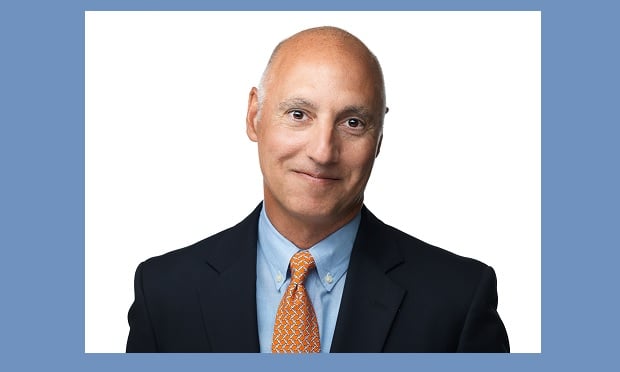An avid reader called us here in the Hoboken, N.J., office of National Underwriter and said, "I live in Florida. Why is it that every questionable life insurance and annuity sales practice seems to start or take off here?"
Our Hoboken office happens to be a block from the Hudson River, where mobsters made many a soul sleep with the fishes. The city's youngest mayor ever was sworn into office July 1, 2009. He ran the city for 22 days before being arrested by the FBI in a corruption probe. He is now serving a 24-month sentence in a minimum security federal prison.
I went to journalism school near Chicago, where FBI stings are about as common as rummage sales, and I grew up in Kansas City, Mo., where the citizens take great pride in describing how Kansas City mobsters put the slots in Las Vegas.
Recommended For You
Want to continue reading?
Become a Free PropertyCasualty360 Digital Reader
Your access to unlimited PropertyCasualty360 content isn’t changing.
Once you are an ALM digital member, you’ll receive:
- Breaking insurance news and analysis, on-site and via our newsletters and custom alerts
- Weekly Insurance Speak podcast featuring exclusive interviews with industry leaders
- Educational webcasts, white papers, and ebooks from industry thought leaders
- Critical converage of the employee benefits and financial advisory markets on our other ALM sites, BenefitsPRO and ThinkAdvisor
Already have an account? Sign In Now
© 2025 ALM Global, LLC, All Rights Reserved. Request academic re-use from www.copyright.com. All other uses, submit a request to [email protected]. For more information visit Asset & Logo Licensing.








